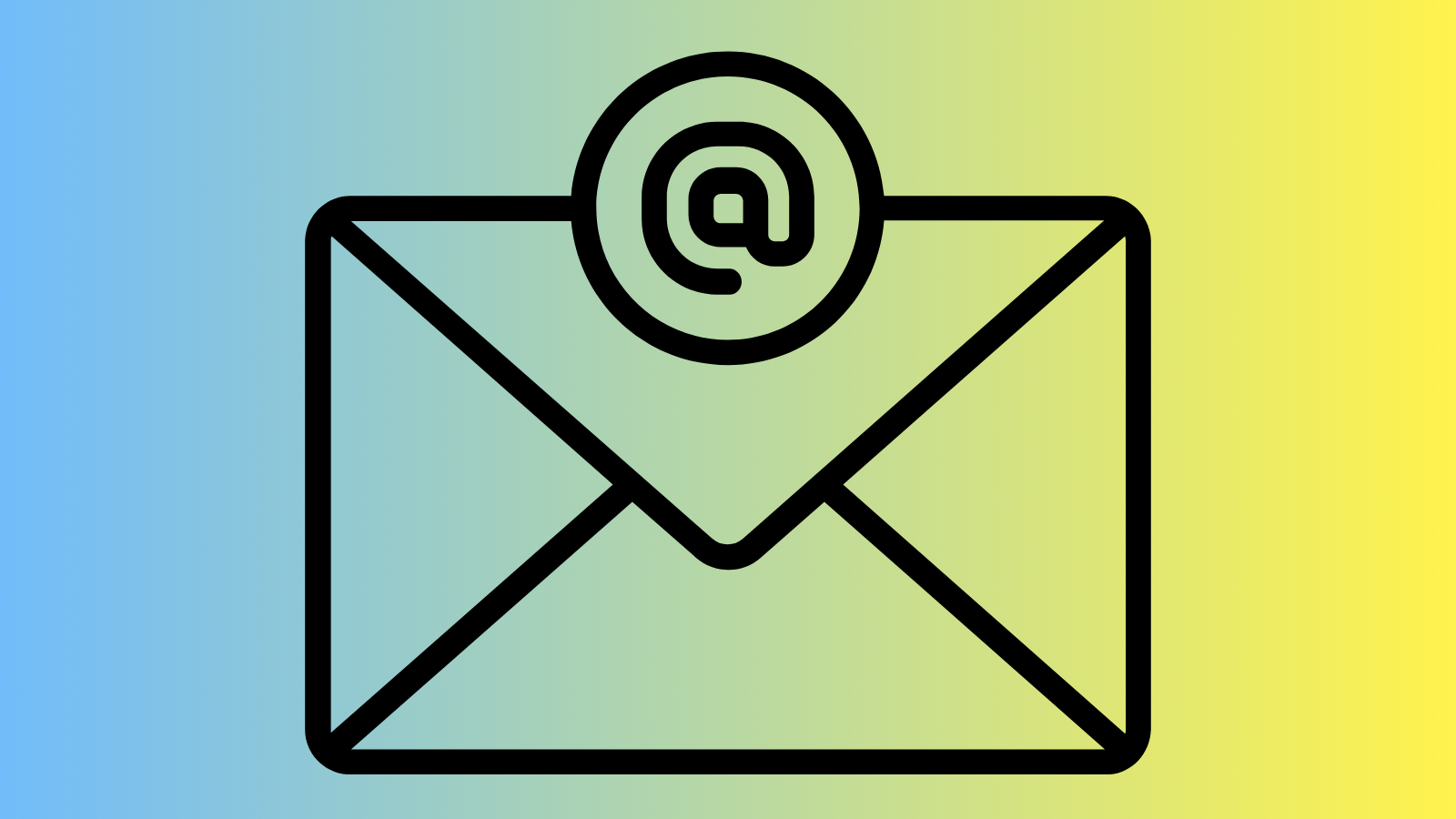Don't Underestimate Email

Emails have come a long way since 1971, when Ray Tomlinson sent the first one, ushering in a new and easier way to communicate and share information. Now billions are sent daily, but many have become overwhelmed and annoyed with emails. With messages flooding in from work, friends and family, your bank, spam, etc., everyone has become fed up and now dreads when they get emails. Furthermore, email is also slowly being replaced by phone calls, texting, social media, and instant messaging, as they are easier, faster, and more efficient ways to communicate and share information.
Despite all the frustrations email can cause, it is here to stay, and email is still very useful. Here are four key ways that email is still important:
1.) It's free - You must have paid plans to communicate or share information for phone calls, texting, and some instant messaging services. With email, it is free when you sign up, and the free plan should be enough for your personal needs. No charges for calls or texts, and no international charges if you need to contact someone abroad. Also, with your free email, it can come with other perks. If you use Gmail, you also get Docs, Excel, Slides, and many other perks. While they come at no monetary cost, this is in exchange for free email providers to profit off the data you are giving them. If you are concerned about your privacy, free email providers won't cut it. Having said that, there are providers that respect your data, though you will have to pay out of pocket for those providers.
2.) They are used for online activities - Shopping, social media, newsletters, etc. You will need an email to sign up for many online activities. This lets you get notifications about your accounts, contacts, and service use. They are essentially a part of your online identity and digital footprint. So, whether you like it or not, you must have an email account to use online services.
3.) Needed for official and formal communication - If you need to contact someone regarding any professional or business inquiries, email is still the preferred choice. Seen as an electronic form of letter, it's considered a more formal way to connect. Therefore, email is still the primary method if you contact a recruiter or need to share information with your business.
4.) It’s universal - Everyone will generally have one because you need an email for almost everything. This makes email the most accessible form of contact and sharing information, as it's needed today. All you need is an internet connection and a phone or computer, and you are good to go.
If you are searching for ways to improve your email by making it more private and secure, check out these tools:
Proton Mail - Launched in 2014, they are a private and secure email provider based in Switzerland and covered by Swiss privacy laws. With Proton, your emails are end-to-end encrypted, which means that not even Proton can see the content of your emails. They also have other tools to make your email more secure, such as password-protected emails and anti-tracking features. With Proton, you can create a free account, but to get the most of your Proton account, you will need to upgrade to a paid plan.
Tuta - Another private and secure email provider created in 2011, they are based in Germany and covered by German privacy laws. Like Proton, Tuta uses end-to-end encryption for your emails and has many other features that make your email more private and secure than most emails. They have a free plan as well, though it's limited. You must upgrade to a paid plan to get the full Tuta email experience.
SimpleLogin - Created in 2020, but starting in 2019, SimpleLogin is known for protecting online privacy with email aliases. Email aliases are still email addresses; however, you forward them to your primary email address. This allows your main email to be protected since it’s the alias that’s being shared, not the actual address. With SimpleLogin, you can create a free account with six aliases, but if you want more, you must pay. Note: Proton bought SimpleLogin in 2022.
Mailvelope - Created in 2012, Mailvelope is a free browser extension for Chrome, Firefox, and Edge browsers that allows you to use PGP encryption for your emails. PGP encryption is an encryption method that ensures only the sender and receiver can read the contents of the email as long as they have the keys. Mailvelope allows you to use PGP encryption without needing to switch email providers. Note: Read my latest newsletter to learn more about PGP encryption!
Additional Link:
‘They’re 25, they don’t do emails’: is instant chat replacing the inbox?
Donate❤️
